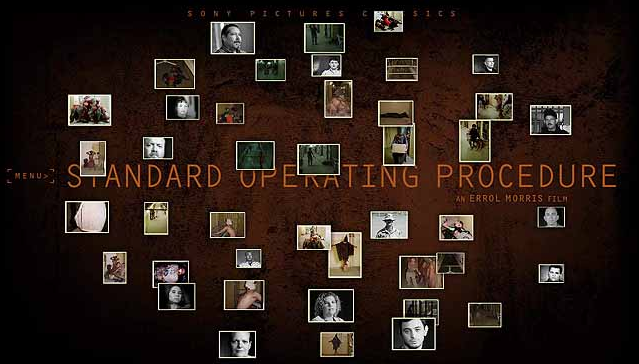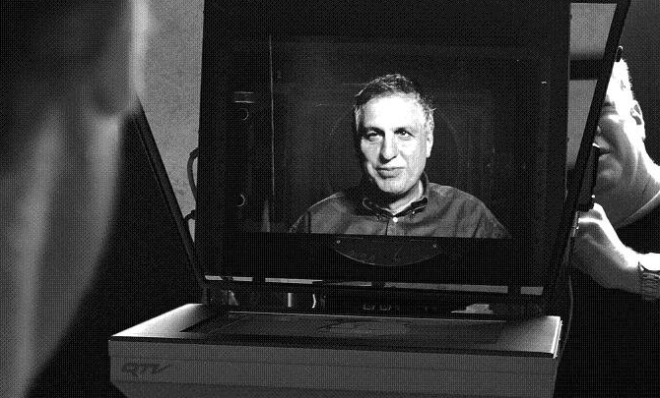Continuing down the rabbit hole that is documentary, I’ve been watching some of the works of Errol Morris. I’ve found his style of crafting a documentary to be highly engaging, something consistent across all of his work that I’ve seen. While this is admittedly a limited amount of films (because as yet I’ve only seen Standard Operating Procedure (Morris, 2008) and The Thin Blue Line (Morris, 1988)), there were consistencies across the two films that speak more to Errol Morris as a filmmaker rather than the films themselves specifically.

Errol Morris has had a consistent directorial style throughout his different feature documentaries, which can be most succinctly expressed as ‘director as detective’. Throughout his documentaries, Morris guides the audience through the investigation of a crime, using evidence and testimony as the key driving forces to push the film forwards. To achieve this style, Morris first triangulates the crime. The amount of research and investigation that must go into these films before any cameras are even touched must be astronomical, for to guide the audience through the confusing mix of crime, investigation, evidence and truth the filmmaker has to fully understand everything about these details in their entirety.
In the actual content of his documentaries, Errol Morris has a relatively clear formula which works very effectively to keep the audience engaged. First, The circumstances of the crime is outlined, informing the audience of the people involved and their relationships to the case. This then moves into taking the audience along the journey of the investigation that was carried out, moving gradually but consistently towards the truth.
To Errol Morris, truth is all in the interpretation. He himself says: “As I like to point out, truth isn’t handed to you on a platter. It’s not something that you get at a cafeteria, where they just put it on your plate. It’s a search, a quest, an investigation, a continual process of looking at and looking for evidence, trying to figure out what the evidence means” (Morris, 2004). Rather than dictate the truth over the top of the people involved in the incident he is investigating, Morris allows his subjects to speak about their experiences, and consequently their interpretation of the truth. He does the same with images and video evidence, allowing the subjects he is interviewing to apply their perspective to the images presented to them, rather than forcing judgement upon them.

A way that Errol Morris makes this process seem personal to the audience is by trying to create a first person viewing experience, having subjects appear to make eye contact with the audience through the camera (Poppy, 2004). This is achieved through the use of the ‘Interrotron’, a piece of equipment that essentially places a teleprompter between the interview subject and the camera upon which a live video stream of Morris is shone (Dewhurst, 2012). This can be seen by the interview subject but not by the camera, and so when the interviewee makes eye contact with the subject, they also look directly into the camera. This makes all the interviews feel incredibly personal, as though the interviewee is having a personal conversation with each audience member without all the distractions of the camera, lighting, and time and distance differences.
Errol Morris is an incredibly interesting documentarian, not only because of his investigative style, but also because he acknowledges that he does not want his work to be seen as true just because it has a distinctly ‘documentary feel’ to it, the feeling usually associated with cinema verite (Poppy, 2004). Instead, he shifts as far away from this style as possible, and I for one believe his films are far stronger for it.
References:
Ahlberg, J. (Producer), & Morris, E. (Director). (2008). Standard Operating Procedure [Documentary]. United States: Participant Media.
Dewhurst, B., (2012). Interrotron: an Interviewing Tool Essential to the Documentaries of Oscar Winner Errol Morris. http://nofilmschool.com/2012/09/interrotron-errol-morris-documentary
Lipson, M. (Producer), & Morris, E. (Director). (1998). The Thin Blue Line [Documentary]. United States: Miramax Films.
Poppy, N., (2004), Errol Morris [Filmmaker], https://www.believermag.com/issues/200404/?read=interview_morris


